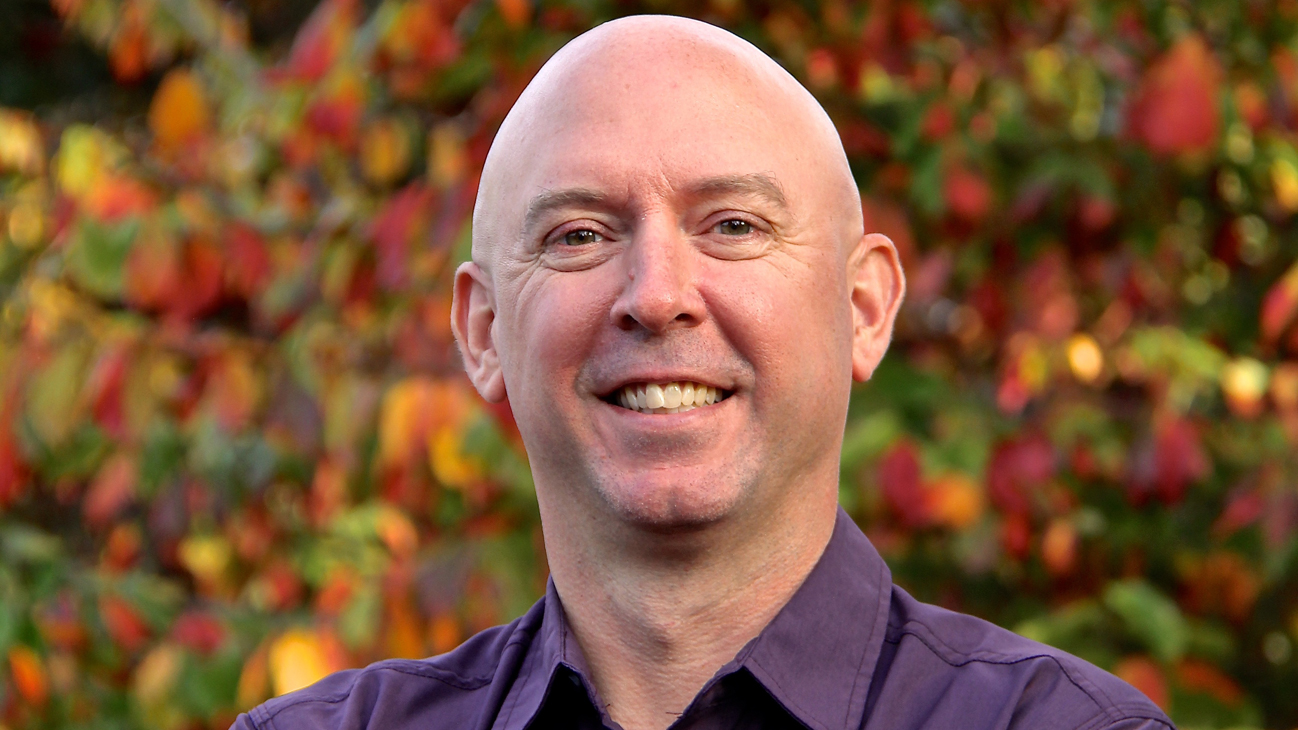Dan Pontefract believes people are a company’s most valuable asset. Currently the chief envisioner of the TELUS Transformation Office, a future-of-work consulting group, Dan is taking on a new predicament affecting workplaces everywhere — an emphasis on speed over quality.
He tackles this phenomenon in his new book Open to Think offering solutions to find balance once again between the three components of productive thought: dreaming, deciding, and doing.
In a recent blog post, he outlines three strategies you can undertake to re-open yourself up to creative thinking, and battle three critical issues plaguing our workplaces: the refusal of allowing ourselves to dream, the adoption of short-term thinking, and our addiction to meetings. Below is an excerpt, read the whole blog here.
There are numerous strategies to improve our creative thinking — individually and organizationally — but in this column, I’ll focus on three in particular for individuals.
Block Time Off In Your Calendar
Every day, each of us is equipped with 1,440 minutes. We all possess 168 hours a week and 8,736 hours a year to use to our advantage. If we do not earmark a significant portion of time to be creative — by blocking time out in our calendars — we have little chance of inventing that next great idea. Setting aside time to be creative can potentially pay dividends in the long-term be it with your career, or life in general.The most straightforward suggestion is to carve out one hour a day that is yours. Call it “me time” if you have to. It may have to move around based on your schedule and deliverables, but a little “dreaming” will go a long way to unleashing those pent-up ideas of yours.
Start Saying No To Meetings
Stop over-programming your every minute with meetings. Creative thinking requires space and time. When you accept every single request for a meeting, you are cutting into your creative thinking time. Help your mind to wander by just saying no to the incessant and obtrusive number of meetings that come your way. At a minimum, be more selective in saying yes.Devise a system that sees you only attending “X” number of meetings a week. If you are responsible for setting and leading meetings, perhaps ask yourself if a 60-minute meeting might be accomplished in 45- or 30-minutes instead. Does the frequency have to be weekly (if it’s a review meeting), or could the cadence stretch to bi-weekly or even monthly?
Meetings are the enemy of your time, and a lack of time is the enemy of creative thinking.
Add A Little Purpose To Your Views
The leading individual on the Thinkers50 list is Roger L. Martin, noted author, academic, and strategist. On the subject of short-termism he wrote, “Outcomes produced by businesses will be a function of the decisions made by executives, and if those decisions are made with little regard for the long-term, it is fair to expect that long-term performance of business will suffer.”If you were to inject a little purpose into your views, there is no question your creative thinking will also prosper. How does one insert purpose into their beliefs?
When the sole motive is to make money — operating for the short-term only — creative thinking is hampered. There is not much creativity when the single goal is to make money.
However, instead of focusing solely on profit, how about viewing the world as a series of stakeholders. When we aim to serve more than the need to make a profit and aim to help the customer, employee, community, and the environment — society in general one might suggest — then we view the world differently.
As the chief envisioner at TELUS Transformation Office, Dan Pontefract helps organizations enhance corporate culture, leadership, learning, work styles, and collaboration practices.
The bestselling author of Flat Amy and The Purpose Effect, Dan’s newest book Open to Think helps us slow down, think creatively, and start to make better decisions. He introduces tangible and actionable strategies to improve the way we think, both as organizations and individuals, based on organizational and societal data, academic research, historical studies, and a wide range of interviews.
Interested in learning more about Dan and what he can bring to your next event? Email us at [email protected].




